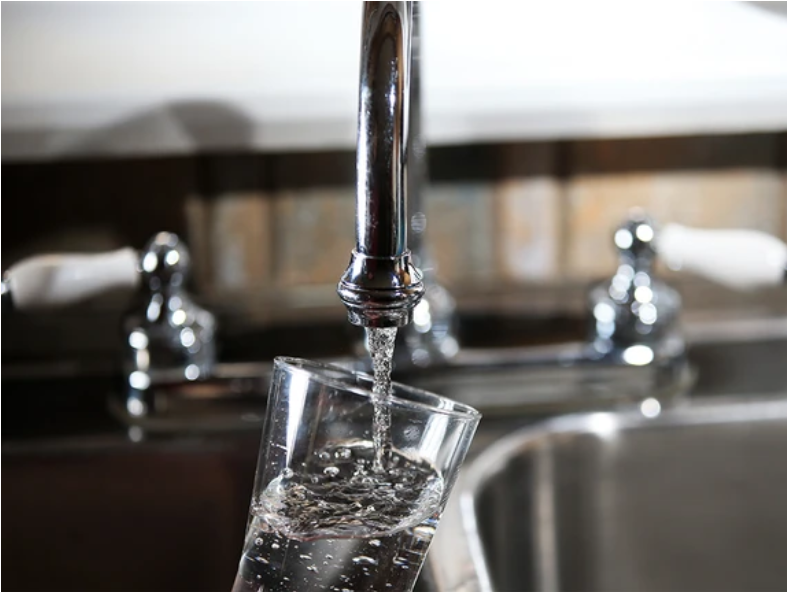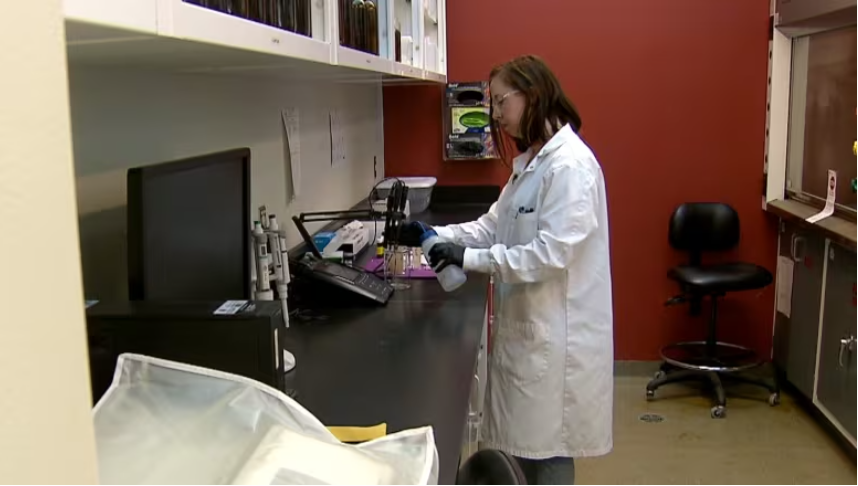Why Calgary's drinking water is tasting icky
You may wonder why your water is suddenly tasting mouldy. This unpleasant taste may follow you into the shower, your workplace, gym or college campus. You may have also been losing sleep over thoughts of contaminated water affecting your health. But the reality is nowhere near as dangerous as it seems. City officials say the cause of your worry is geosmin, a “harmless” naturally occurring carbon compound that usually makes its way into Calgary’s reservoirs in late summer or fall.





















